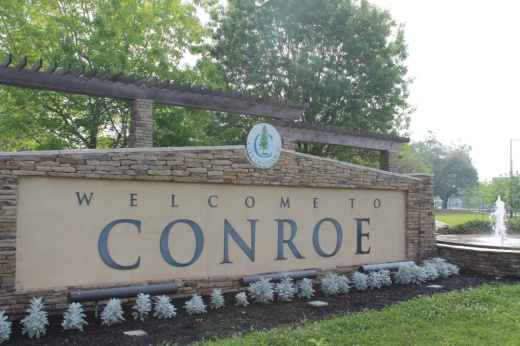At a Sept. 22 workshop meeting, the Conroe City Council was introduced to the idea of becoming a certified local government through the Texas Historical Commission.
Frank Robinson, the city’s downtown manager, presented the idea with Dr. Robert Krause, an architectural historian from Houston. Krause works with SEARCH, an organization that describes itself as the “largest cultural management firm in the United States.”
“What I’ve found is that across Texas, communities need help with their budgets for cultural and historic projects,” Krause said.
According to the Texas Historical Commission’s website, the Certified Local Government Program is a national initiative partnering local, state and federal governments in an effort to preserve historic resources in communities.
The program was founded in 1980 through a partnership with the National Park Service. Resources that governments can receive from the CLG Program include technical assistance, grants and training to develop a preservation program, according to the THC.
“We’ve seen cities like Fredericksburg increase their visibility because of this program,” Krause said. “Conroe is already a step ahead in terms of downtown [and] business development.”
The commission’s website has details on how local governments can become CLGs. The THC and NPS must certify that the local government has agreed to enforce state and national laws protecting historic properties, establish a historic preservation review commission, provide public participation in its planned program, and ensure that there is a system to survey and inventory historic properties. Governments can be certified at any time in the year.
Once a local government has been certified, it can apply for grants, which the THC website said are often used as seed money to attract further funding. Grant money comes from the NPS’ Historic Preservation Fund, and applications for grant funds are open in the summer or early fall of each year.
According to the THC website, the highest priority for grant funding is inventories and surveys. Other projects that can be funded with grant money include writing preservation guidelines and ordinances, and travel and planning expenses for preservation workshops. The website says that grants typically range from $2,000 to $30,000, and require a dollar-to-dollar match from local funding.
Krause also mentioned the THC Marker Program, which can fund historic markers for sites.
The City Council was receptive to Krause’s pitch, but did not make a determination. Council Member Duke Coon suggested the council wait to hear the full presentation, which was not available at the Sept. 22 workshop.





